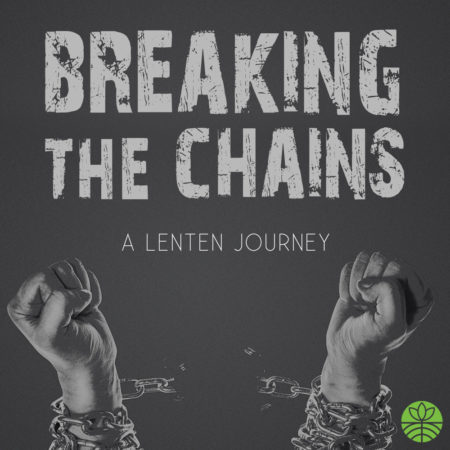
The Book of Common Prayer introduces Lent this way:
Dear People of God: The first Christians observed with great devotion the days of our Lord’s passion and resurrection, and it became the custom of the Church to prepare for them by a season of penitence and fasting. This season of Lent provided a time in which converts to the faith were prepared for Holy Baptism. It was also a time when those who, because of notorious sins, had been separated from the body of the faithful were reconciled by penitence and forgiveness, and restored to the fellowship of the Church. Thereby, the whole congregation was put in mind of the message of pardon and absolution set forth in the Gospel of our Savior, and of the need which all Christians continually have to renew their repentance and faith. I invite you, therefore, in the name of the Church, to the observance of a holy Lent, by self-examination and repentance; by prayer, fasting, and self-denial; and by reading and meditating on God’s holy Word.
This emphasis on personal spiritual formation is a welcome contrast from the way we are daily malformed by consumerism, materialism, violence, and division of modern Western culture. During Lent, we resist the temptation toward Triumphalism and Exceptionalism that masks our pain with never-ending celebration. Instead, we are provided space to attend to the internal work of the Spirit. Lent is a season for taking inventory of ourselves, of reflecting upon the ways we have been caught up in sin, and availing ourselves to God’s mercy. To this end, disciples of Jesus have found fasting and prayer to be powerful means by which God breaks the chains of bondage in our lives. Fasting in particular is a spiritual discipline that makes drastic demands upon us which disconnect us from comfort and disrupts patterns of sin. Lent is for breaking the chains of personal sin.
There is a way in which this practice of Lent nevertheless has the potential to perpetuate an aspect of modern Western culture (individualism) that is confronted by God through the prophets in the Scriptures, and by Jesus himself. The prophet Isaiah, for example, speaking the word of God to God’s people, calls them to repent of practicing fasting in a way that ignores the corporate, collective sins of Israel as a nation. Isaiah calls them to consider how the most vulnerable members of society are neglected, even though there is a lot of religious observance. Lent is for breaking the chains of systemic sin.
Is not this the kind of fasting I have chosen: to loose the chains of injustice and untie the cords of the yoke, to set the oppressed free and break every yoke? (58.6)
This points to a sinful pattern present among religious people. Religious people can easily disconnect their personal formation from the expression of our faith in society as justice. Dr. Cornel West once said, “Justice is what love looks like in public.” And this is what Jesus confronts in the Sermon on the Mount, referencing religious leaders who perform their righteous acts for everyone to see, but neglect justice for the marginalized and downtrodden.
When you fast, do not look somber as the hypocrites do, for they disfigure their faces to show others they are fasting. Truly I tell you, they have received their reward in full. But when you fast, put oil on your head and wash your face, so that it will not be obvious to others that you are fasting, but only to your Father, who is unseen; and your Father, who sees what is done in secret, will reward you. (Mt. 6.16-18)
Instead of performative righteousness, that stops at personal spiritual formation, this Lent we’re being called to a kind of reflection and formation that leads to greater empathy and direct action on behalf of the most vulnerable members of society. Breaking the Chains is an exploration of how Lent provides us space for personal spiritual formation and for their expression as engagement in social and environmental justice.


